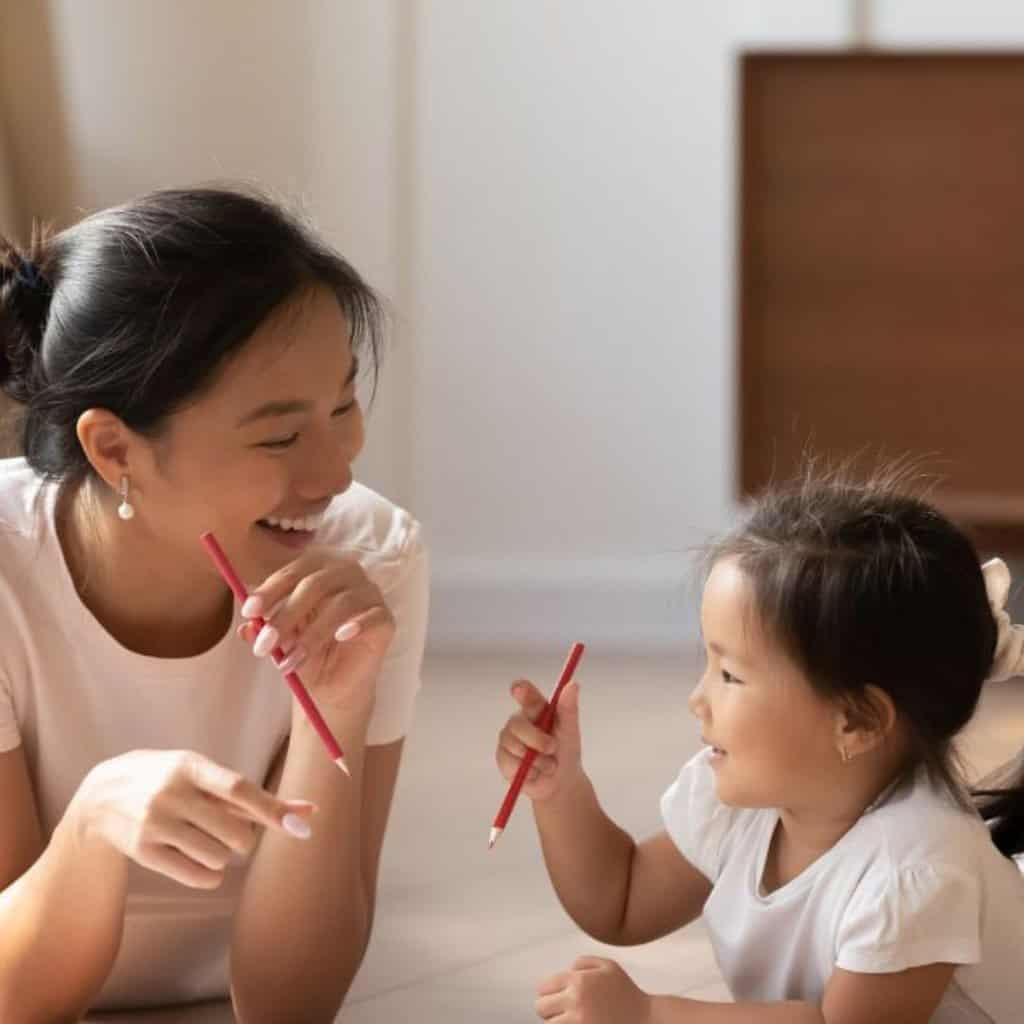Welcoming a newborn into your life is an exhilarating experience filled with joy, sleepless nights, and countless new responsibilities. As new parents, you quickly become attuned to every coo and cry, eager to nurture your little one and fulfill their needs.
However, some of those adorable baby behaviors can morph into tricky habits if not addressed early. Understanding these habits can guide your parenting decisions and ensure a smoother path for your baby’s growth and development. Keep reading as we explore a few things babies do that quickly turn into bad habits and how to phase them out of anything you’d like to stop—gracefully and healthily.
The Thumb-Sucking Phenomenon

File #: 169964913 By Louis-Photo
Many babies find comfort in sucking their thumbs. A brief look at why babies suck their thumbs reveals it often starts as a natural reflex and provides them with a sense of security. While it might seem harmless initially, prolonged thumb-sucking can lead to dental issues and affect speech development.
Some experts recommend gently discouraging this habit by offering alternatives like pacifiers or engaging your baby in activities that keep their hands busy. Practical advice for taking care of a newborn baby includes being patient and consistent in redirecting this behavior and giving yourself and them a little grace during a discovery period.
It’s essential to remember your newborn is new, and you’re a new parent, so you will all learn as you go—and that’s okay.
Finger Foods and the Messy Delight
Transitioning from purees to finger foods marks a significant milestone in your baby’s development. Encouraging self-feeding fosters independence and improves motor skills, but it can also lead to messy habits at mealtimes.
It’s essential to set boundaries while allowing exploration. Introduce a routine where mealtime begins and ends with tidy-up rituals to teach your baby to associate eating with cleanliness. The goal is to maintain their enthusiasm for self-feeding without letting messiness become a habit.
No, we’re not saying you should request your baby clean their mess. But, showcasing the art of cleaning and displaying a healthy routine around the mess can teach them good habits.
Sleep Associations That Steal Your Rest
Babies often develop sleep associations, linking certain conditions with falling asleep. These often include rocking, nursing, or even holding a specific toy. While such associations can help soothe your baby initially, they may result in disrupted sleep patterns as your child develops.
Establish a bedtime routine that promotes independent sleep, such as placing your baby in the crib while still awake. This can encourage self-soothing skills and may prevent the need for external sleep aids as time goes on.
The Lure of Screens in Early Development

In today’s digital age, screens are everywhere, and it’s easy to entertain your baby with a tablet or smartphone. However, early exposure to screens can impact a child’s cognitive and social development.
Many pediatric professionals will suggest limiting screen time for babies and encouraging more interactive play—face-to-face. Engage your baby with colorful books, musical toys, or outdoor activities to stimulate their senses and foster healthy development without relying on screens. If possible, avoid heavy screen time until after the age of three or until your primary care physician deems it appropriate.In the whirlwind of new parenthood, it’s easy to overlook how quickly baby behaviors can become potentially bad habits. By understanding these tendencies early, you can guide your child toward healthier habits that support their growth and development. Remain consistent, practice grace, and be open to learning along with your baby.

